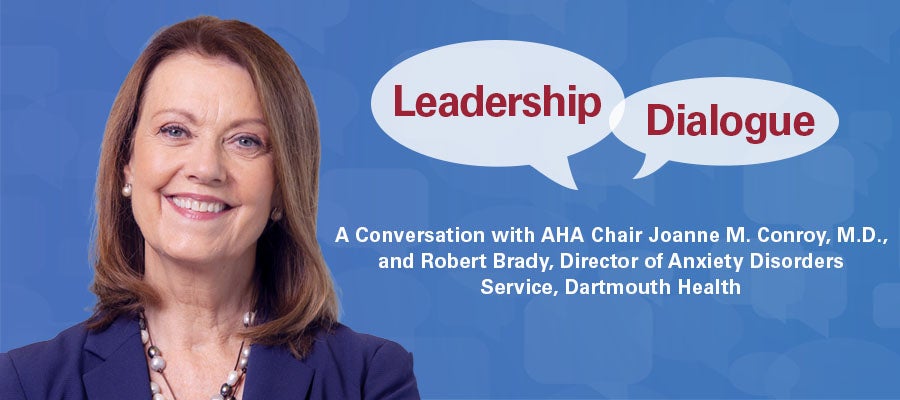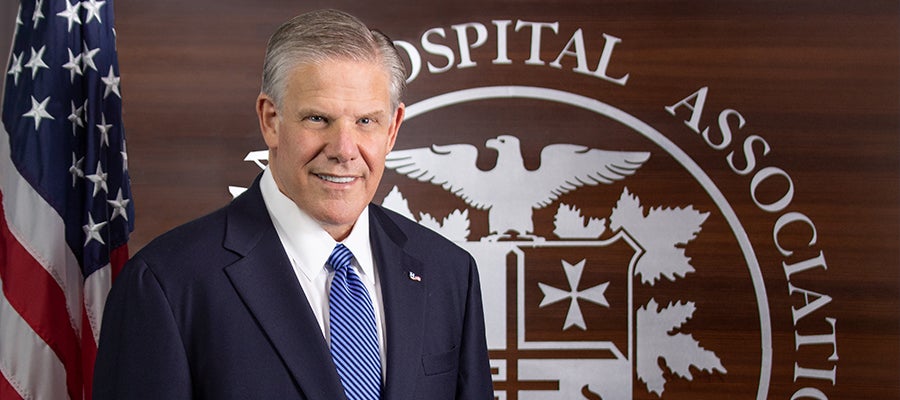The Health Resources and Services Administration in September gave health care providers who received more than $10,000 in Provider Relief Funds between April 30 and June 30, 2020, until Nov. 30, 2021, to comply with the original reporting requirements before recouping the funds or taking other enforcement actions.






